Oral Minoxidil for hair loss has been extensively studied and found to be a promising solution. One of the main benefits of oral minoxidil is that it has been shown to be effective in promoting hair growth in individuals with androgenetic alopecia. Additionally, it has been reported to be well tolerated, with few reported side effects. However, it is important to note that the use of oral minoxidil should always be under the supervision of a medical professional, as improper use can lead to serious health issues. In this article, we will discuss everything you need to know about oral minoxidil, including its benefits, drawbacks, and how it works.
What is Oral Minoxidil?
Oral minoxidil has long been used as a treatment option for high blood pressure, but in recent years, its improbable use as a treatment for hair loss has attracted interest. Despite not being created with this specific goal in mind, some research has suggested that oral minoxidil may be effective in treating hair loss.
Numerous factors, such as genetic predispositions, hormonal changes, and specific medical conditions, can contribute to hair loss. The mechanism of oral minoxidil’s action in these circumstances is thought to be based on the improvement of blood flow to the scalp, which promotes the growth of hair follicles. The increased blood flow provides more oxygen and nutrients to the hair follicles, stimulating the growth of new hair.
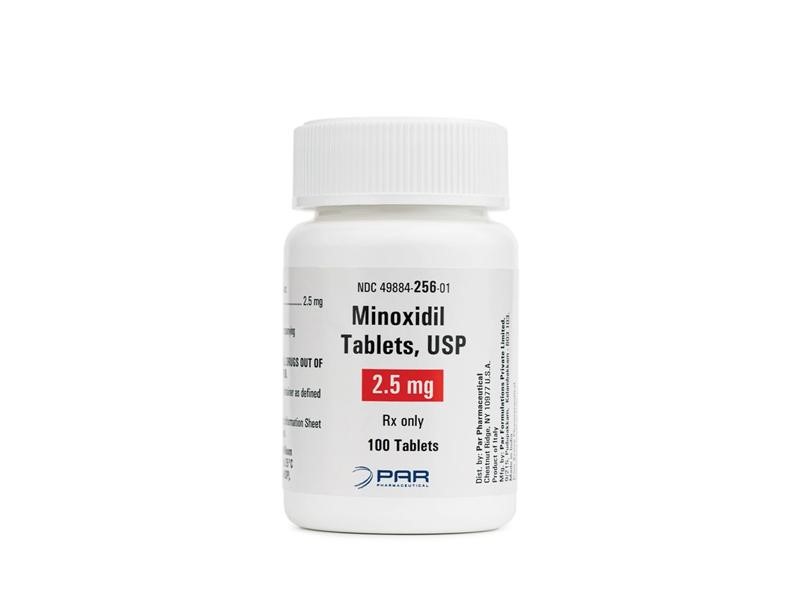
While oral minoxidil may be effective in some cases of hair loss, it cannot be considered a universal solution and may not achieve the desired results for everyone. Furthermore, as with any medication, there is a chance of experiencing side effects such as headaches, fluid buildup, and a rapid heartbeat. It is best to seek the advice of a healthcare professional before starting any new medication, especially if you have a pre-existing medical condition.
Can you take minoxidil orally for hair loss?
The popularity of Minoxidil as a treatment for hair loss has surged in recent times, with its topical application method being the favoured choice among those seeking to restore their looks. Yet, there are some who question the possibility of oral consumption of Minoxidil, delving into uncharted territories. It must be stressed, however, that the oral consumption of Minoxidil is not recommended and can lead to serious health consequences, such as unpredictable blood pressure fluctuations and cardiovascular irregularities.
In light of this, it is crucial to remember that the benefits and potential dangers of oral Minoxidil as a hair loss remedy remain largely unexplored and untested. Thus, for those suffering from hair loss, it is advisable to follow the tried and tested method of topical application, under the supervision of a trusted healthcare professional. The topical use of Minoxidil has been confirmed as a safe and effective method for treating hair loss, while the oral consumption of Minoxidil presents a significant threat to one’s overall health and well-being.
How much oral Minoxidil for hair loss?
Oral minoxidil is a medication that is used to treat hair loss off-label. The recommended oral minoxidil dose for hair loss varies according to the individual and the severity of the hair loss. It is usually prescribed in low doses of 0.625-2.5mg per day.
It should be noted that the use of oral minoxidil for hair loss is not FDA-approved, and its safety and efficacy have not been thoroughly established. Furthermore, the long-term effects of using oral minoxidil for hair loss are unknown, and it may cause side effects such as headache, fluid retention, and tachycardia.
How Does Oral Minoxidil Work for Hair loss?
As mentioned, oral minoxidil works by increasing the blood flow to the hair follicles. The increased blood flow provides the hair follicles with more nutrients and oxygen, which are essential for healthy hair growth. Additionally, oral minoxidil has been shown to increase the size of the hair follicles, which can help to produce thicker and stronger hair.
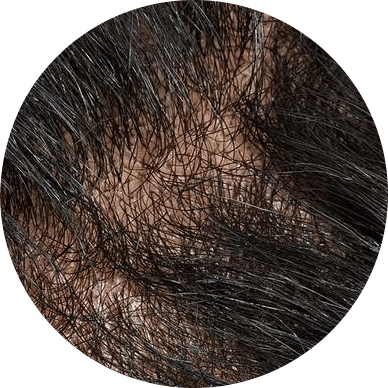
One of the key benefits of oral minoxidil is that it can be taken orally, which makes it convenient and easy to use. Unlike topical minoxidil, which is applied directly to the scalp, oral minoxidil is absorbed into the bloodstream, allowing it to reach the hair follicles more effectively. This makes it a popular choice among people who are looking for a more convenient and effective solution for their hair loss.
For more information about hair loss, click on the link.
Who Can Benefit from Oral Minoxidil?
Oral minoxidil is a medication that can be used to treat hair loss in both men and women. It is especially effective in people who have a type of hair loss known as androgenetic alopecia, which is also commonly referred to as male or female pattern baldness.
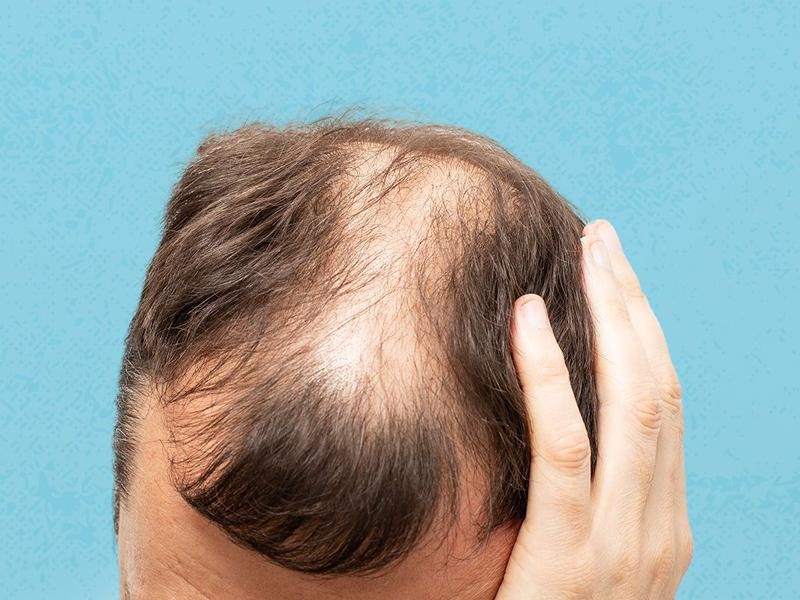
People with androgenetic alopecia typically experience a receding hairline or hair loss at the crown of the head. This type of hair loss is caused by a combination of genetics and hormones and is not related to medical conditions or illnesses.
In addition to those with androgenetic alopecia, people who have other types of hair loss may also benefit from oral minoxidil. This includes people who have experienced hair loss due to:
- Hormonal changes
- Stress
- Nutritional deficiencies
- Medical conditions such as thyroid disease or lupus
- Medications that cause hair loss as a side effect
Oral minoxidil can help to regrow hair in people who have experienced hair loss due to these factors. It works by increasing blood flow to the scalp and providing essential nutrients to the hair follicles, which helps to promote hair growth.
It is important to keep in mind that not everyone will experience hair regrowth while taking oral minoxidil. Some people may experience a slowing of hair loss, while others may experience some regrowth. The results will vary from person to person, and it may take several months to see the full effects of the medication.
How to Use Oral Minoxidil
Oral minoxidil is a prescription drug that is taken orally. The recommended dose is 0.625 mg to 2.5 mg per day, and it is typically taken in the morning. The treatment duration will depend on the severity of your hair loss and the response to the treatment. Your doctor will be able to advise you on the best course of treatment for your individual needs.
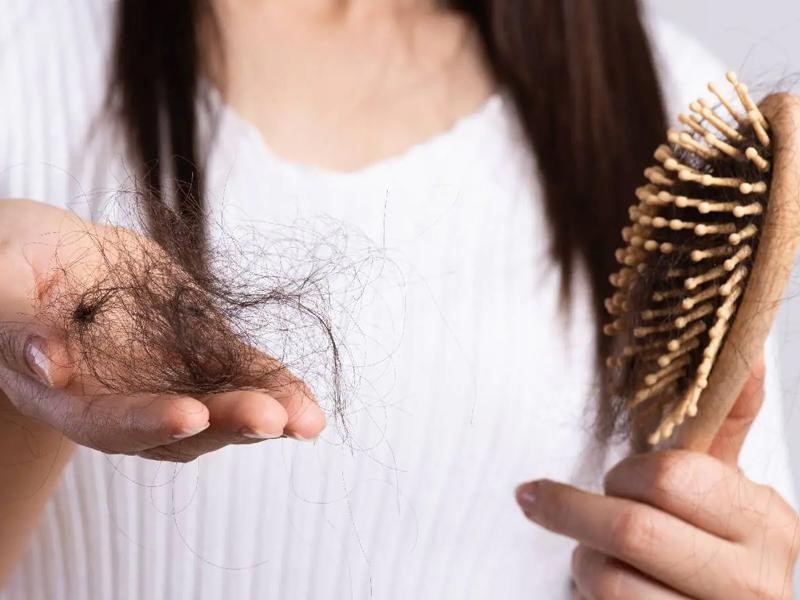
It is important to note that oral minoxidil takes time to produce results. You may not see an improvement in your hair growth for several months after starting treatment. Additionally, it is important to continue using oral minoxidil even after you start to see results, as stopping treatment may result in a return of hair loss.
Possible Side Effects of Oral Minoxidil
Like all medications, oral minoxidil can cause side effects. While most people who use this medication do not experience side effects, some may experience mild to moderate symptoms. It is important to be aware of the possible side effects of oral minoxidil so that you can take appropriate measures if you experience them.
The most common side effects of oral minoxidil include:
- Dizziness
- Headache
- Weight gain
- Flushing
- Rapid heartbeat
- Chest pain
- Swelling in the legs, ankles, or feet
These side effects are generally mild and go away on their own. If you experience any of these symptoms, it is important to contact your doctor to determine the cause and take appropriate measures.
In rare cases, oral minoxidil may cause more serious side effects, such as:
- Irregular heartbeat
- Chest pain
- Swelling in the face or throat
- Shortness of breath
- Lightheadedness or fainting
If you experience any of these symptoms, it is important to seek medical attention immediately. These symptoms may be a sign of a serious reaction to the medication and could be life-threatening.
It is also important to inform your doctor of any medications you are taking before starting treatment with oral minoxidil. Some medications, such as blood pressure drugs and heart medications, can interact with oral minoxidil and increase the risk of side effects.
Are you facing the challenge of hair loss and seeking effective solutions? Oral minoxidil has emerged as a promising option, but its use must always be supervised by a healthcare professional. At RemoteDerm, our team of experienced online hair loss treatment dermatologists specializes in diagnosing and treating hair loss issues. Take the first step towards regaining healthier hair by getting an online consultation with our board-certified dermatologists.
Tips to Reduce the Risk of Side Effects
If you are taking oral minoxidil, there are steps you can take to reduce the side effects. Some of these include:
- Taking the medication exactly as prescribed by your doctor
- Avoiding alcohol, as it can increase the risk of dizziness and rapid heartbeat
- Avoiding driving or operating heavy machinery if you experience dizziness or lightheadedness
- Talking to your doctor about any medications you are taking, including over-the-counter medications and supplements, to ensure they will not interact with oral minoxidil
If you are concerned about the side effects of oral minoxidil, it is important to speak to your doctor. Your doctor may be able to adjust your dosage or switch you to a different medication to minimise your risk of side effects.
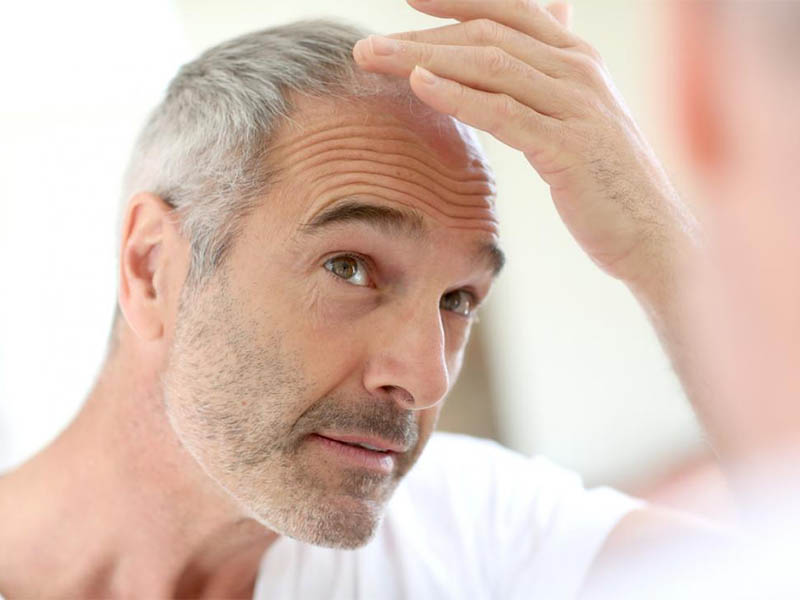
Cost of Oral Minoxidil
The cost of oral minoxidil varies depending on your insurance coverage and the pharmacy you use. Without insurance, the cost can range from several hundred to several thousand dollars per year. If you have insurance, your insurance company may cover some or all of the cost of the medication.
Final Thoughts
In conclusion, oral minoxidil is a prescription medication that can be used to treat hair loss in both men and women. It is especially effective in people who have androgenetic alopecia, but may also benefit people with other types of hair loss.
While oral minoxidil can cause side effects, these are typically mild and go away on their own. It is important to take the medication exactly as prescribed by your doctor, and to discuss any concerns you may have about the side effects with your doctor.
If you are experiencing hair loss and are interested in trying oral minoxidil, it is important to speak to your doctor to determine if this medication is right for you. Your doctor will be able to evaluate your individual needs and determine if oral minoxidil is the best option to help you regrow your hair.
By click on the link, you can get information about online dermatology consultation in Canada.
